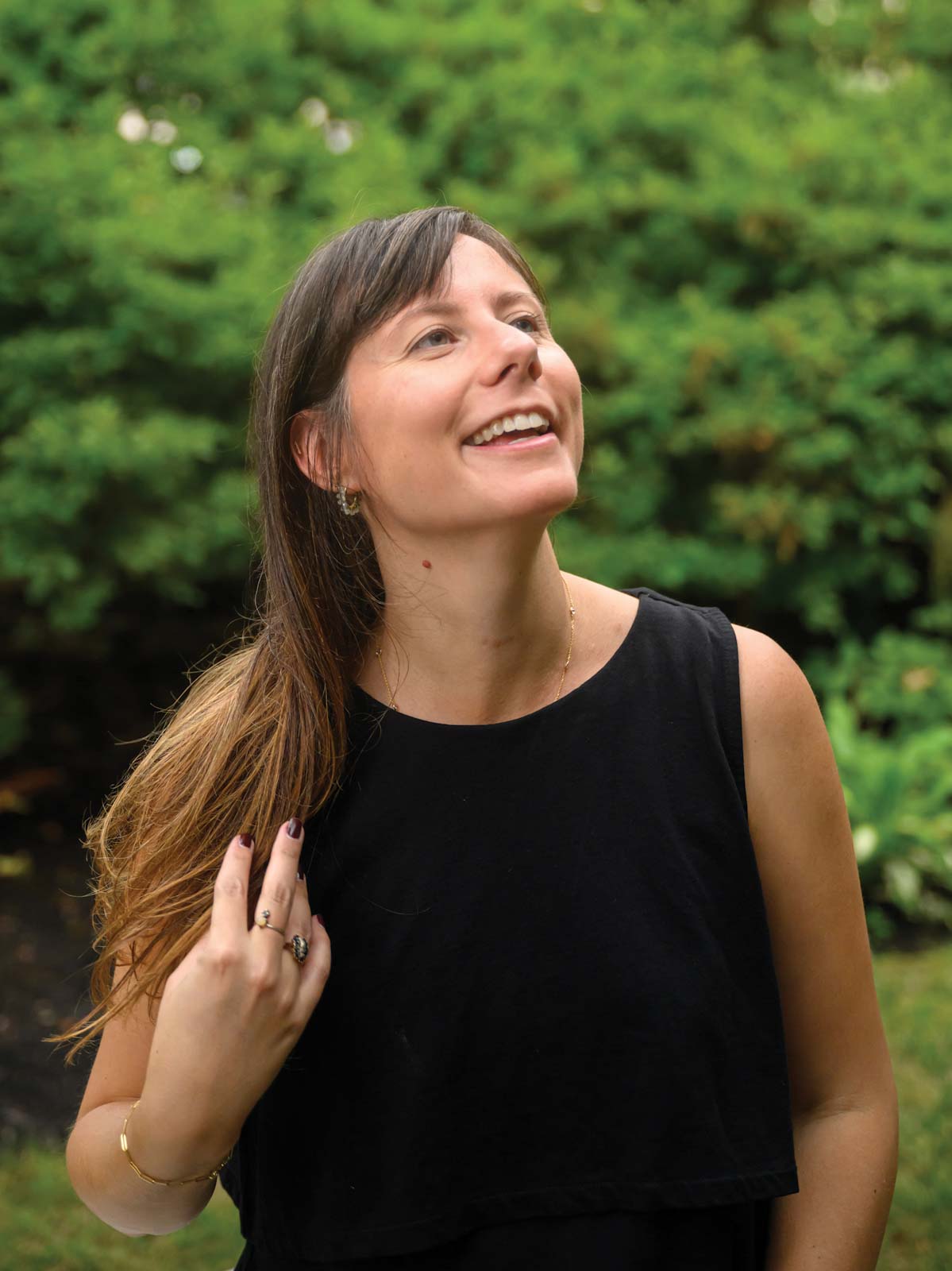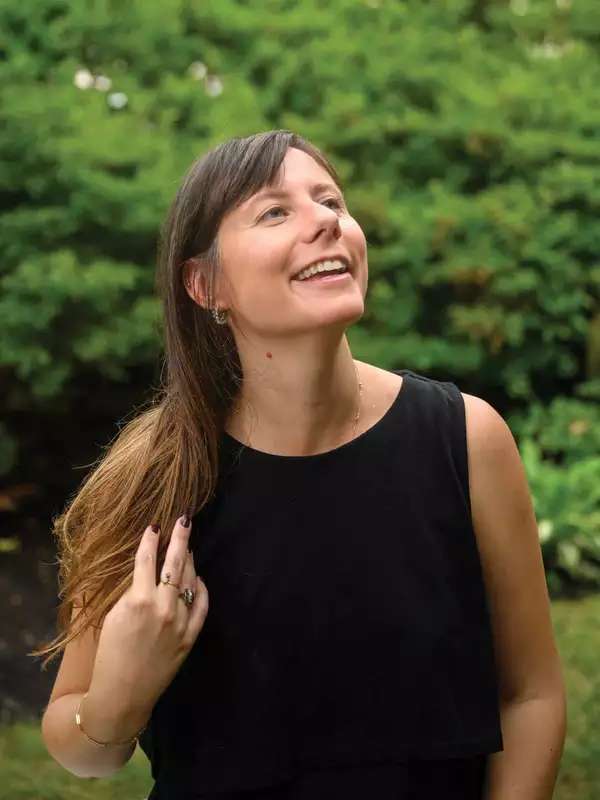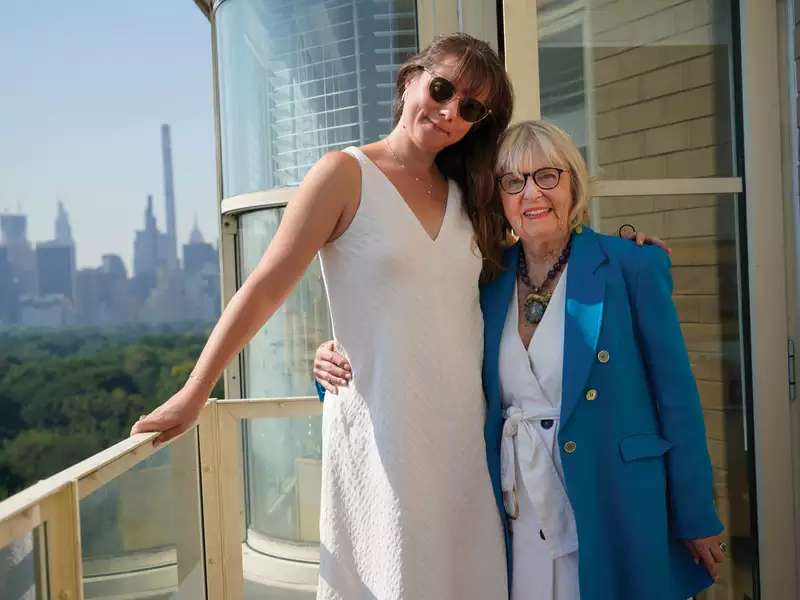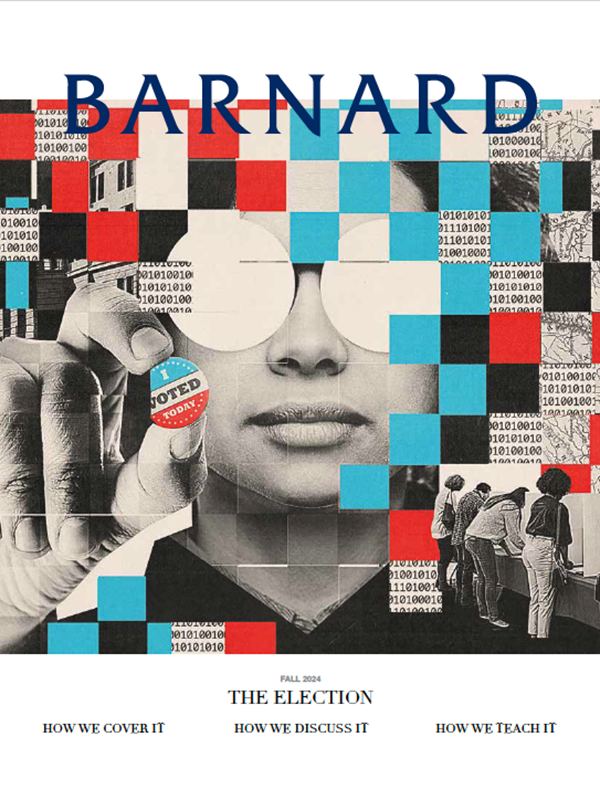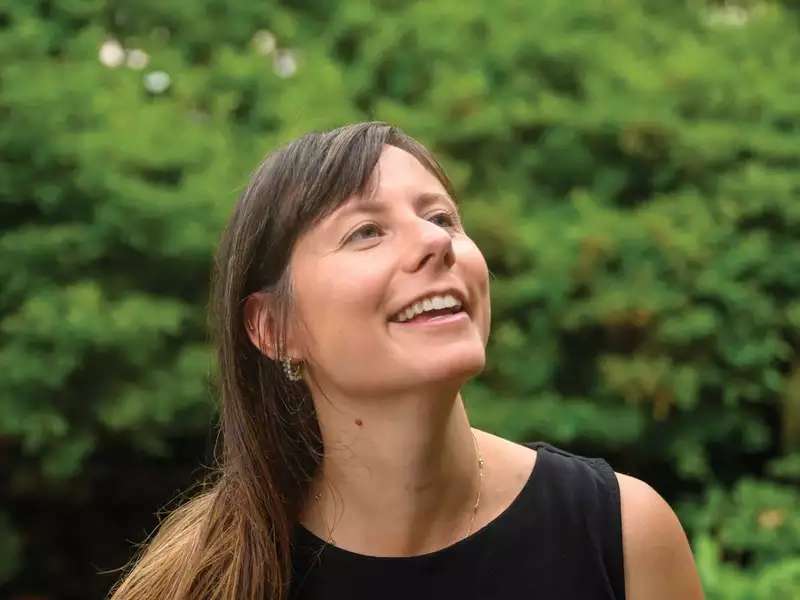
I am writing this letter on a chilly day in early February, just after an exciting, historic moment for us at the College: the inauguration of Barnard’s ninth president, Laura Rosenbury, on February 2. We wanted to celebrate this landmark event in our issue, so the Magazine is reaching you a little later than usual. We appreciate your patience.
Without further ado, I am happy to introduce our Arts Issue. In these pages, we’re throwing a spotlight on the many artistic endeavors and professional pursuits of Barnard’s alumnae, students, and faculty members. You’ll read about individuals from different creative fields, including curators, filmmakers, sculptors, playwrights, dancers, deejays, and more. Some with less obvious paths, others who knew their calling from a young age. But what they share, as many alums explain, is that at Barnard they found a place that nurtured their interests and set the stage for a future in their respective professions.
For Brooke Wentz ’82, a gig hosting the radio show Transfigured Night on Columbia University’s WKCR-FM during her undergrad years was an auspicious start to a career as an expert on music rights and licensing. That seminal experience on air exposed her to the luminaries of the avant-garde music scene and provided the material for her new book, featuring those very conversations with musicians such as Laurie Anderson ’69.
You’ll also learn about Makeda Best ’97, the Deputy Director of Curatorial Affairs at the Oakland Museum of California, whose early interest in photography was further encouraged by Dean Vivian Taylor, who suggested that Best exhibit her black-and-white portraits in the Dean’s Office when she was a recent transfer student (page 20).
In our cover story, we bring you into the studio with Ebonie Smith ’07, an award winning music producer, audio engineer, and singer-songwriter. At Barnard, Smith created an academic program for herself that bolstered her love for music and furthered her dedication to gender equity, culminating in the launch of the Gender Amplified conference, which continues on as a nonprofit that supports women and nonbinary music producers.
Putting this issue together has made me reflect on the purpose of the arts — why we create art, why we seek it out. I keep going back to something Smith said: “Music transcends differences. … It creates equilibrium and allows us to enjoy each other.” And for this reason, the arts are more vital now than ever before.
Nicole Anderson '12JRN
Editor-in-Chief
